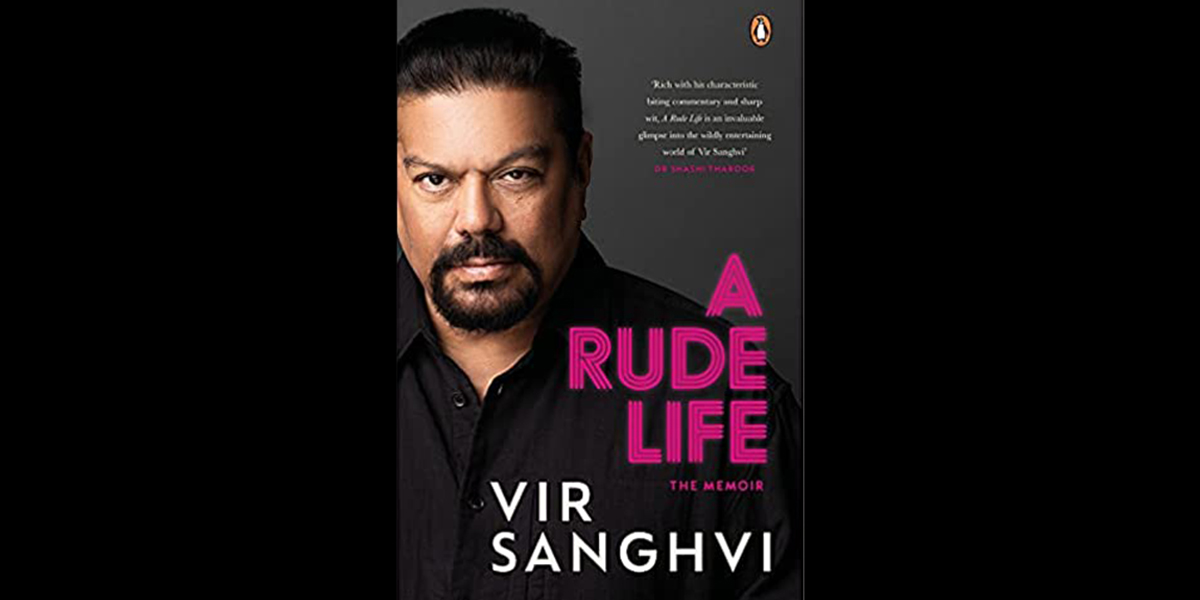

TRENDS & VIEWS
Editor’s Note: Big Punch In Small Pack
It is the Third Anniversary of Short Post and as a news media startup launched during the Covid-19 pandemic it certainly feels better than good to find ourselves where we are today. Here, I must cite the unstinted support of our seasoned contributors, all senior editors in the country, who brought a great degree of maturity and sagacity to the Short Post newsroom. But for them, our tagline “Authentic Gossip”, an Oxymoron, would not have matured viably. Our user numbers may be small but our stories have created the desired impact among people who matter — decision makers and influencers. We offer a big punch in a small pack and Short Post with its 225-word stories has been punching above its weight category. Having posted close to 3,000 stories in the last 36 months, Short Post, I feel, is an idea whose time has come.
And this is vindicated by our two marquee advertisers – IDFC FIRST Bank and ICICI Lombard. Both believed in our story and have supported us from Day one. A big thank you to both.
If you look at the media landscape – print, TV and digital — it is a mixed bag. There are job losses as some outfits have closed down while a lucky few were bailed out by large corporate houses. Yes, there is a lot of action in the digital space. However, the entry of corporate houses has raised the question of independence of news media outfits. Sadly, there are just a handful of independent media outfits in the country that are highly respected for their neutrality. At Short Post, our credo is not to take sides, prejudge issues or be biased but, informing readers of behind-the-scenes happenings. In essence, Short Post strives to be a neutral editorial platform — neither anti-establishment nor pro-establishment.
As I said last year, disruptions in the media world are moving at a fast and furious pace. Technology is playing a very big role in how content is generated and consumed. But, we are neither alarmed nor perturbed as it is all a part of the evolution process. What gives us comfort is that AI is unable to create original gossipy content. And that is the news arena where we have achieved a distinction.
 Politics
Politics Business
Business Entertainment
Entertainment Sports
Sports Celebrities
Celebrities







